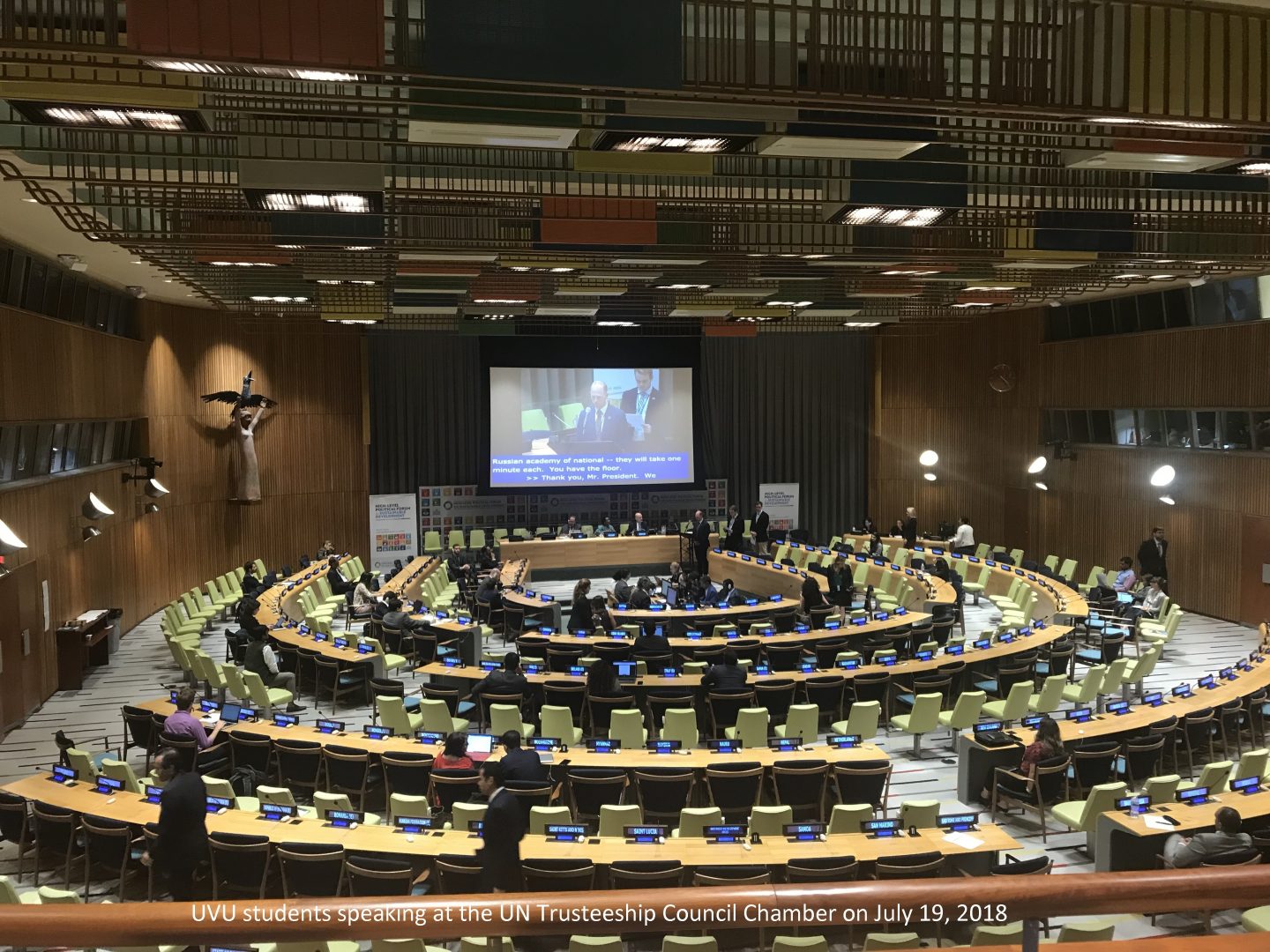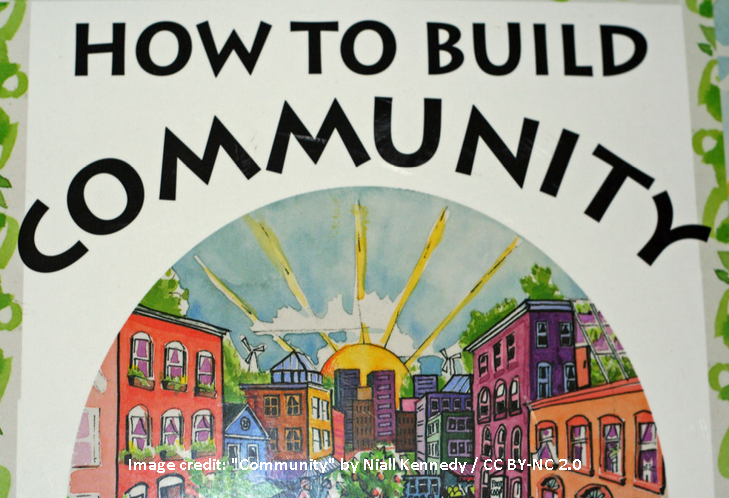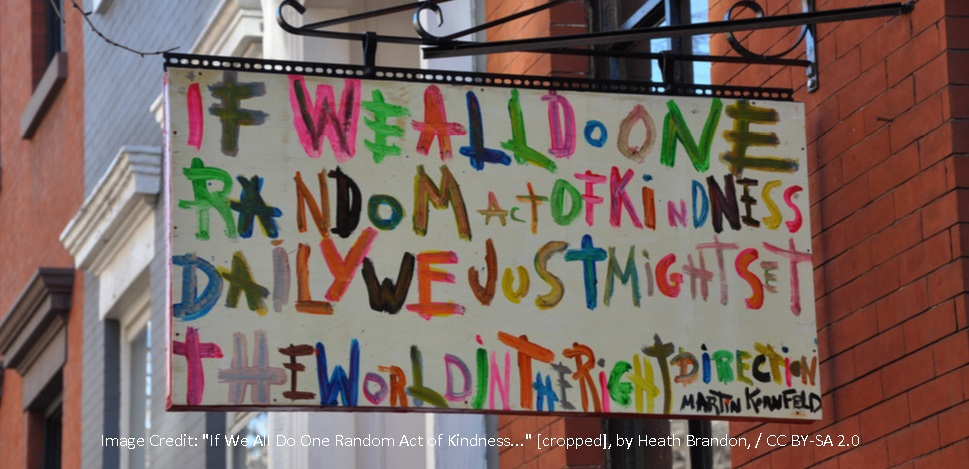Implementation of sustainable development goals and mountain targets in particular through student engaged learning
Implementation of sustainable development goals and mountain targets in particular through student engaged learning Baktybek Abdrisaev, Rusty Butler, Kimberly Williamson, Yanko Dzhukev, Damon Ashcraft, Samuel Elzinga and Andrew Jensen Utah Valley University, USA Three Utah Valley University (UVU) students spoke through the student engaged learning initiative during general debates at the High-Level Political Forum (HLPF) on sustainable development of the Economic and Social Council (ECOSOC) of the United Nations (UN) on July 19, 2018. The HLPF is the main UN platform on sustainable development to follow up and review the 2030 Agenda for Sustainable Development and the Sustainable Development Goals (SDGs) at the global level. This year, 47 countries presented Voluntary National Reviews on how they implemented six particular SDGs in their respective countries among the 17 adopted by the UN. A handful of non-governmental organizations (NGOs) in consultative status with ECOSOC were selected to speak on those topics as well, including the [...]




